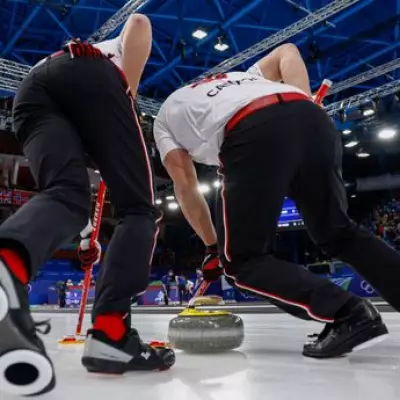
In a stunning development that has rocked the British horse racing community, a female racehorse has been officially disqualified from a competitive race at Uttoxeter after failing a post-race testosterone test.
The three-year-old filly, named Hattie C, competed in the Join Racing TV Now Restricted Novice Stakes on October 12 last year, initially finishing in a respectable position. However, the celebration was short-lived when routine post-race testing revealed abnormally high levels of testosterone in her system.
Controversial Findings
The British Horseracing Authority's disciplinary panel heard that the testosterone concentration found in Hattie C's sample measured at 89 picograms per millilitre - significantly above the permitted threshold of 50 picograms per millilitre for fillies and mares.
Trainer Tony Carroll, representing Haddow Farm, expressed complete shock at the findings, stating he had "no explanation" for the abnormal reading. The panel acknowledged that Carroll had an otherwise clean record and there was no evidence of deliberate administration.
Racing Consequences
As a direct result of the failed test, Hattie C has been disqualified from her October performance and all prize money has been forfeited. The ruling means the original race results have been completely revised, with other horses moving up in the final standings.
This case highlights the strict medication controls within British horse racing and the zero-tolerance approach to substances that could potentially enhance performance. Testosterone, while naturally occurring, can provide competitive advantages including increased muscle mass and aggression when present at elevated levels.
Industry Reaction
The disqualification has sparked debate within racing circles about naturally occurring hormonal variations in racehorses and the challenges of regulating endogenous substances. Many trainers have expressed sympathy for Carroll while acknowledging the necessity of strict thresholds.
This incident serves as a stark reminder to all racing stables about the importance of thorough veterinary oversight and the potentially career-altering consequences of failed drug tests, even when administration may not be intentional.






